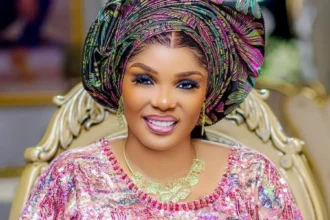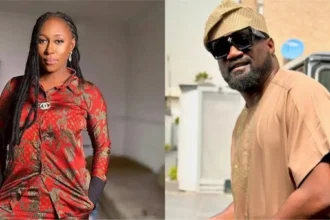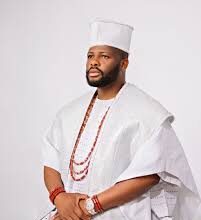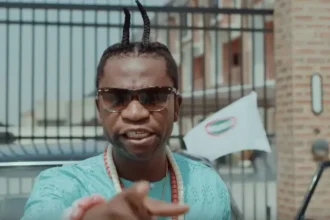...To get all news updates, Join our WhatsApp Group (Click Here)
Also Join our WhatsApp Channel (Click Here)
By – Eniola Otoki
Whenever you hear the lines “the labor of our leaders past…” from the Nigerian national anthem, the name Fela Anikulapo Kuti inevitably comes to mind; a man who fought endlessly for a better life for Nigerians. Despite being harassed, and attacked even by the people he was fighting for, he never kept quiet on issues of corruption that have always plagued this country.
He is one leader who did not need to be in a political position to fight for the best interest of the people.
His sacrifices are never forgotten and his children are treated with the same level of respect as their iconic father, especially because they too have openly decried the existing systems in Nigerian, and have used their music to ignite and promote the fire of change across the country.
In his latest song “The Theory of Yam and Goat”, Mr Seun Kuti creates an illustration of the Nigerian government as being goats who are placed beside yams, and how they cannot help but eat the yam.
While one might find this illustration comical, it’s meaning rings deep and true.
At the moment, the young people of Nigeria are calling for a reform of systems in Nigeria, but if indeed the goat cannot help but eat the yam, then the goat must be taken away from the yam and never again given access to it.
Because “if the goat is allowed to eat the yam, what will the people eat?”
The Nigerian youth have made it abundantly clear that we are aware of our position in the scheme of things. Elected leaders are elected to serve and paid with tax payers money; they are our employees and we will not eat grass while they feed on our yams!
In the light of rising awareness and the actions being taken by the youth, we can confidently say that the “labor of our leaders past shall never be in vain!”
You can get every of our news as soon as they drop on WhatsApp ...To get all news updates, Join our WhatsApp Group (Click Here)
Also Join our WhatsApp Channel (Click Here)












